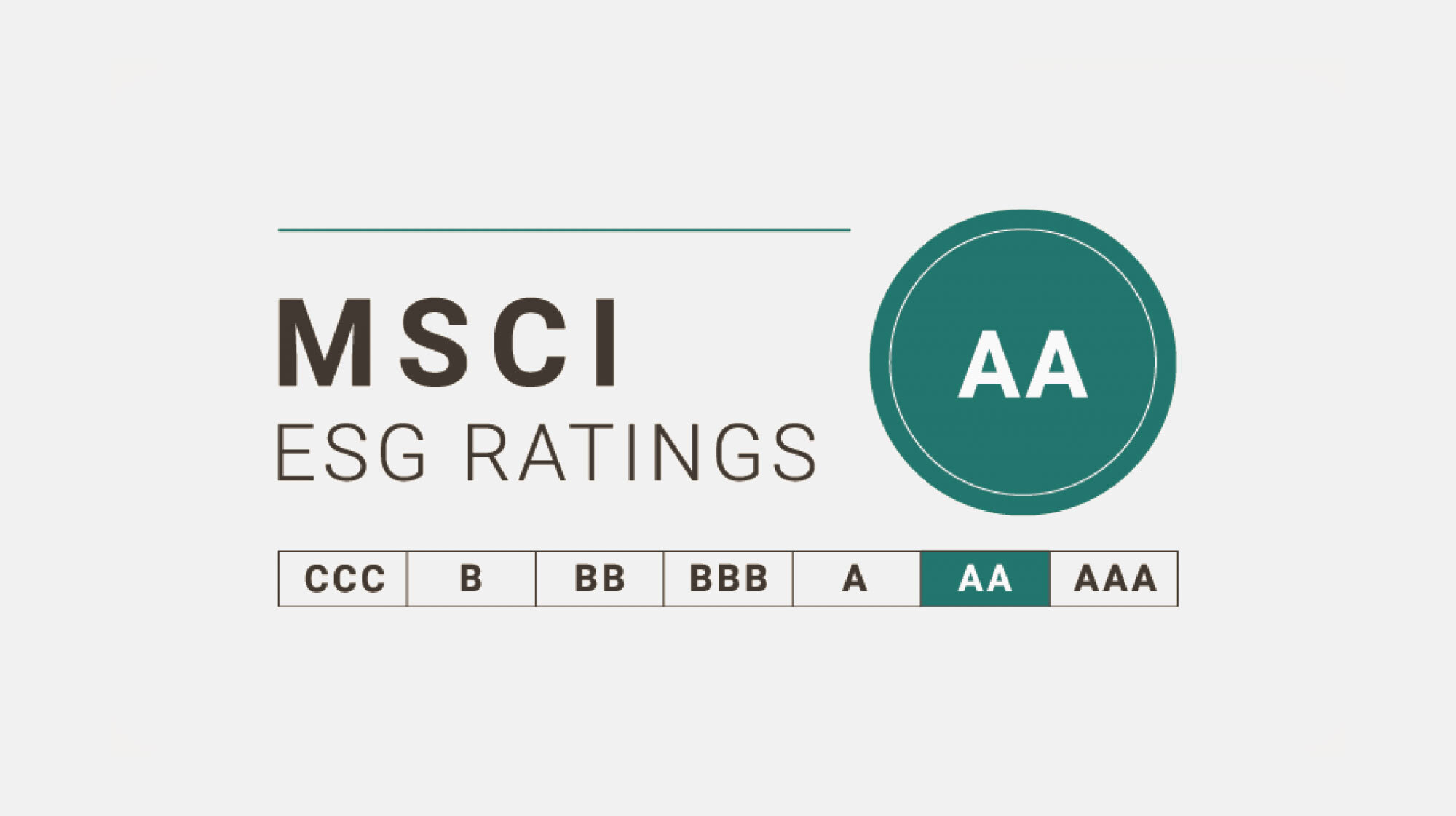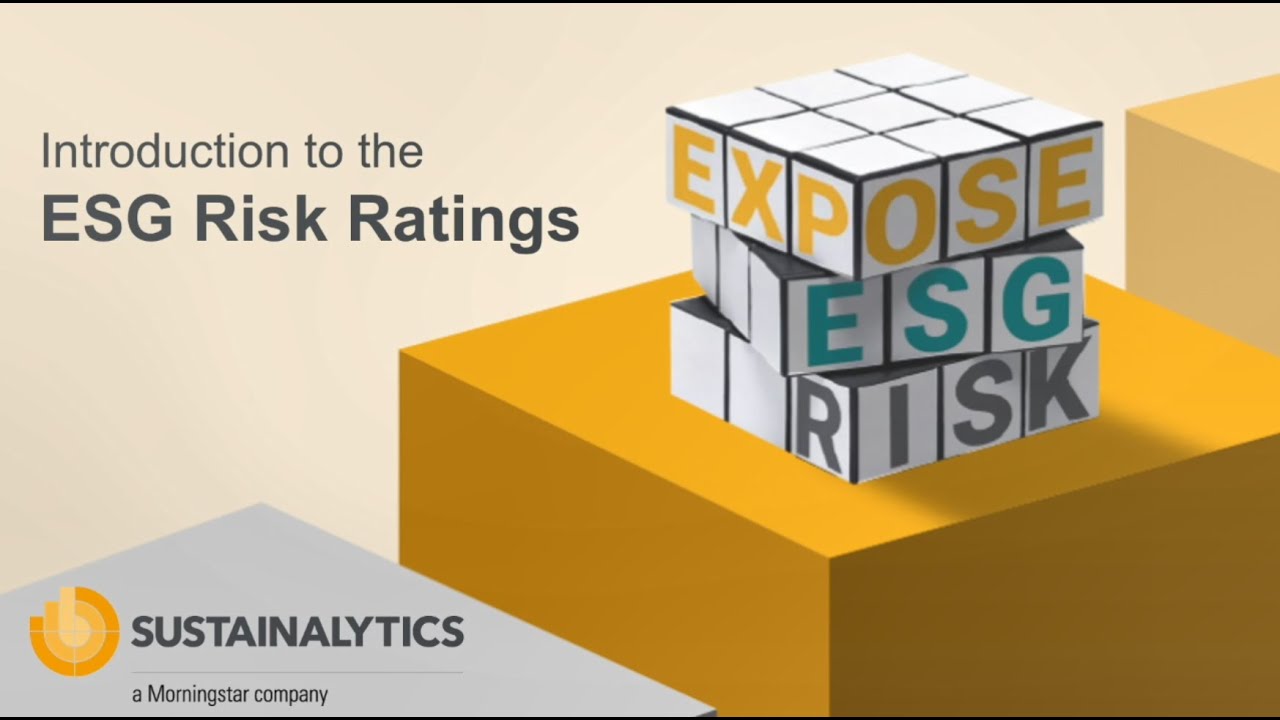ESG Ratings, ESG Scores & Sustainability Reports
View Company DirectoryTop Stories
Company ESG Profiles with Ratings
At KnowESG, our ESG score database provides ESG ratings collated from the best and reliable ESG data providers, main ESG rating agencies, and ESG rating organizations—MSCI ESG Research, LSEG, and Sustainalytics—to help assess a company's sustainability performance, including ESG reporting.
Our ESG data analysis platform and ESG research services offer an ESG score comparison across these ESG rating providers and their ESG categories. This comparative data provides investors with a comprehensive understanding of a company's ESG performance, top ESG-rated companies, ESG ratings and rankings, ethical business practices, ESG stocks, ESG risk ratings, ESG score ranking, and corporate sustainability practices. We provide the latest ESG news, investing news, sustainable business, and sustainable finance news, curated from the best ESG news sources, as well as ESG events and course updates. In other words, our data quality is undoubtedly supreme.
Institutional investors can use the ESG metrics and ESG rankings of companies as key tools in their investment process to make informed investment decisions; the data can also be used to ascertain which ESG criteria either carry significant ESG risks or make ESG investing sense, thereby helping to manage ESG risks. Specifically, factoring ESG ratings and companies’ ESG scores into decision-making can help gain valuable insight into the financially relevant ESG risks and opportunities associated with business operations, and identify the key issues that may impact long-term performance. The ESG ratings and the ESG scores help businesses put in their ESG efforts in the right direction.
What are ESG ratings & ESG scores?
ESG ratings are evaluations of a company's performance in environmental, social, and governance (ESG) factors; they are designed to provide investors, asset managers, stakeholders, financial institutions, and fund managers with an understanding of the most significant ESG risks and opportunities associated with a company's operations and supply chain.
ESG scores take into account a variety of factors, including a company's environmental impact, its social responsibility, ESG finance, ESG disclosures, ESG reviews, ESG risk ratings, financial performance and corporate governance practices. Based on corporate governance research using latest ESG information and tools, various stakeholders can make informed decisions about companies in line with their sustainability goals, or regarding socially responsible investing.
Amongst the top ESG data providers are MSCI, Sustainalytics, and Refinitiv, providing quite a divergent ESG ratings range. MSCI ESG ratings work with a rules-based methodology that uses publicly-reported data to grade company management, business ethics, environmental, social, and governance, ESG companies list, carbon emissions, and social performance. The purpose of the exercise is to identify whether a company is a 'leader', 'average', or a 'laggard'. An unexceptional track record on human rights, or poor natural capital management, for example, could pull a company in the 'laggard' direction, increasing the company's exposure to external stakeholders, industry competition, and further analysis.
The key takeaways? An ESG score can clarify the rate of progress in the transition to sustainability. Top ESG firms, those with good ESG score and best ESG stocks or with least ESG risks, may be showing leadership, responsible business conduct, or simply fulfilling stated commitments. Equally, adverse ESG scores may indicate that a company is transparently working towards better sustainability ratings, is actively dealing with material ESG issues, or has yet to fulfil its obligations.










